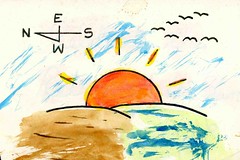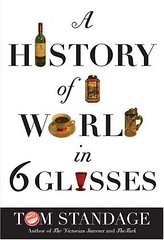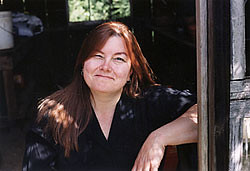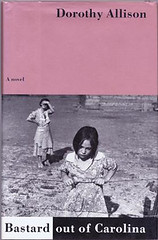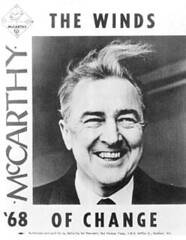
The first person I ever voted for for President of the United States died the 10th of this month,
Eugene McCarthy of Minnesota. He was not on the ballot, but that didn't stop me. Of course, write-ins were not allowed then - as now - and my ballot was voided. Even though the close election brought us
Richard Nixon instead of the much more preferable (in retrospect)
Hubert Humphrey, I would not trade my memory of how good I felt leaving that polling booth for anything. It was a bipartisan act; I wrote in
John Lindsay, Republican mayor of New York, for VP. All this was odd behavior for a country boy from Virginia.
1968 was a dramatic year in our nation's history. We were at war in Vietnam, and with ourselves. American flag decals were pointedly on - or not on - vehicles everywhere. Our cities were literally smoldering through riotous "long, hot summers." There were youth riots in Paris and men with longish hair were making more than a fashion statement. I watched on TV that summer evening as people like me were clubbed and gassed outside the Democratic National Convention in Chicago. I felt guilty not being there, although I am sure I would have been totally lost.
Jim Crow was dying a slow death in the south, and taking some of us with him.
Before 1968 was over a
President would decide not to stand for re-election, only four years after receiving the highest percentage of the popular vote in modern history. Two major political figures,
Martin Luther King and
Robert Kennedy, would die assassins deaths. And two guitar gods - Clapton and Page, alums of the
Yardbirds - would help harden rock, forming
Blind Faith and
Led Zeppelin. Drugs were suddenly everywhere; the
Magical Mystery Tour was just about over.
I was a senior in college majoring in Political Science, plugged in and observing everything with the full intensity of youth and doing what I could to stretch my college career out another year; the draft board knew where I lived. The previous fall I had traveled the world for four months as a student, absorbing what it meant to be more than a Virginian, more than an American. While I was on the Indian Ocean, midway between Mombasa and Bombay (Mumbai), on November 30th, 1967 a little-known Senator from Minnesota declared that he would challenge the President - a member of his own Democratic Party - in the upcoming New Hampshire primary. McCarthy eventually lost but the political dialogue had been changed. It was not whether, but when we would back out of Vietnam.
In many ways Eugene McCarthy was an odd duck for a political figure. The public and his supporters often found him vexing. Historians - and most recently obit writers - have struggled to take the measure of the man.
He was a very private person who nevertheless seemed to enjoy running for president. He did so five times, always knowing he had little-to-no chance. He was a semi-pro baseball player, public school teacher and college professor. As a young man he lived in a monastery for nine months before thinking better of becoming a monk. He was a poet who recently complained that in the judgment of history his short anti-war campaign would always eclipse his verse. He left his wife of 24 years in 1969, but they never divorced. He was a classic liberal with an independent streak that made other liberals very uneasy. Among other things, he wanted to abolish the two-part system and supported Ronald Reagan's "
Star Wars" initiative. He had the biting dry wit of a cynic, a frustrated idealist. Yet he once admonished us to "always speak as if a child is listening."
If we only could.
He seemed to enjoy being the outsider, which is exactly where most Americans preferred him to be. I wanted him President. He was 89.
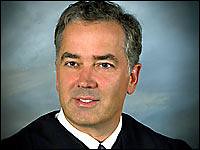 Federal Judge John E. Jones III for the Middle District of Pennsylvania is my nominee for Man of the Year.
Federal Judge John E. Jones III for the Middle District of Pennsylvania is my nominee for Man of the Year.